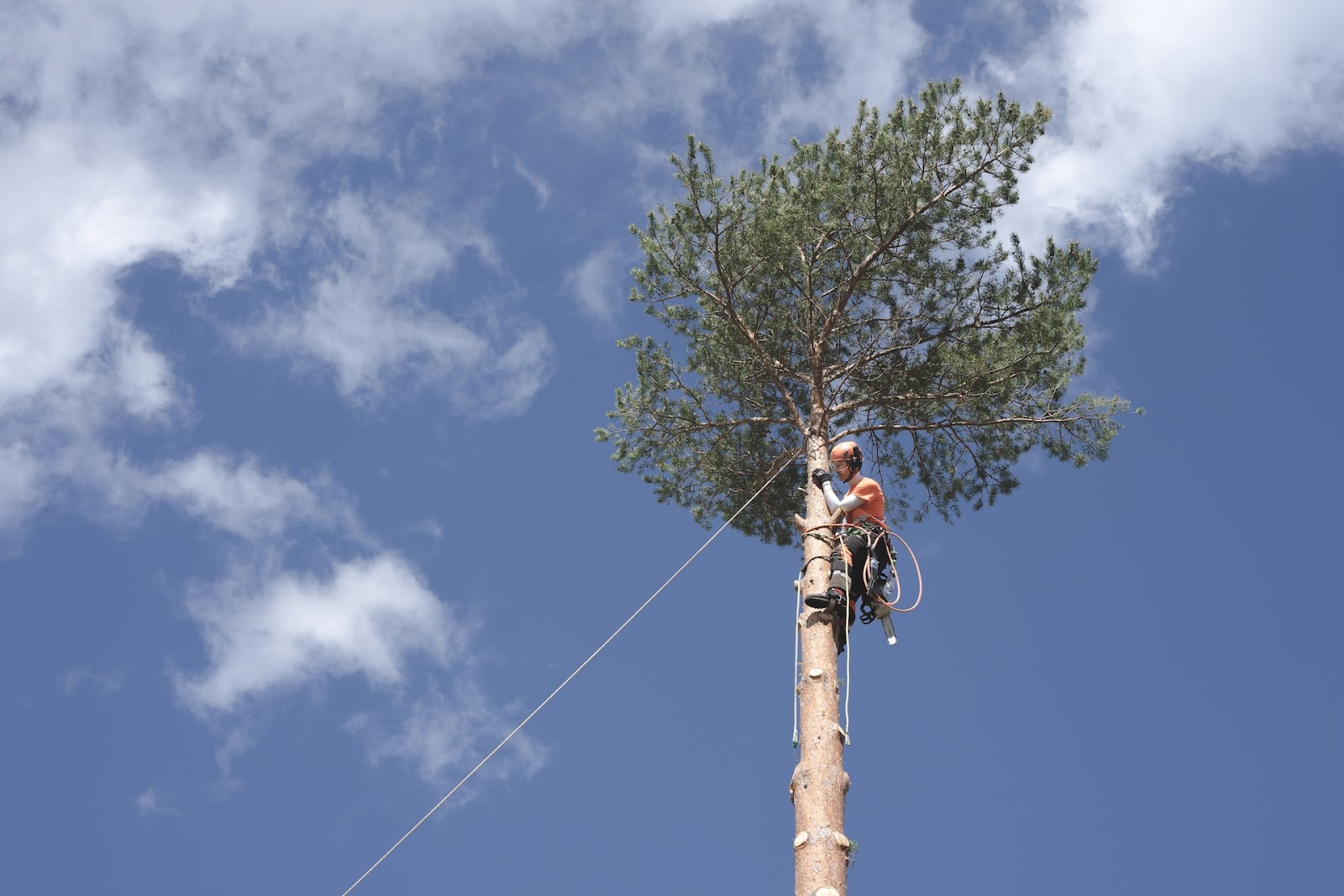
Seniors Lower
As we age, maintaining our independence and quality of life becomes increasingly important. One major concern for seniors is the risk of falls, which can lead to serious injuries and a decline in overall health.
However, there are numerous proactive steps seniors can take to reduce their fall risk and continue living active, fulfilling lives.
In this article, we will explore ten valuable tips to help seniors lower their fall risk and promote safer, more confident daily living.
Home Safety Assessment
Conducting a thorough home safety assessment is essential to identifying potential hazards. Seniors and their caregivers should check for loose rugs, cluttered pathways, and inadequate lighting.
Installing handrails in bathrooms and stairwells and using non-slip mats can significantly reduce the risk of accidents.
In partnership with reliable Zokal Safety Australia, seniors can access valuable resources and expert guidance to further enhance their fall prevention efforts and create a safer living environment.
Stay Physically Active
Regular physical activity plays a crucial role in maintaining strength, balance, and flexibility. Engaging in exercises such as walking, tai chi, yoga as well as swimming can improve muscle tone and coordination, making it easier for seniors to navigate their surroundings and prevent falls.
Exercise not only helps maintain physical health but also contributes to a positive mood and mental well-being.
Vision and Hearing Checkups
Regular vision and hearing checkups are vital, as impaired senses can contribute to falls.
Seniors should ensure their eyeglasses or contact lens prescriptions are up to date, and they should address any hearing issues promptly to enhance their awareness of their environment.
Medication Management
Many seniors take multiple medications, which can sometimes lead to side effects or interactions affecting balance and coordination.
It’s crucial for seniors to consult their healthcare provider and pharmacist to review their medications and ensure they are taken as prescribed.
Being aware of potential side effects and how medications might interact with each other can go a long way in preventing falls.
Proper Footwear
Wearing supportive and well-fitting shoes is a simple yet effective way to reduce fall risk. Seniors should avoid wearing high heels or shoes with slippery soles and opt for footwear with non-slip soles, proper arch support, and cushioning.
Good footwear not only provides stability but also helps seniors maintain a steady gait while walking or moving around.
Fall Prevention Aids
The use of assistive devices, such as canes or walkers, can provide added stability and support, especially for those with mobility challenges.
Seniors should work with a healthcare professional to determine the appropriate aids and learn how to use them correctly.
These devices can instill confidence and help seniors stay steady on their feet, both indoors and outdoors.
Nutrition and Hydration
A balanced diet rich in nutrients is essential for maintaining bone health and muscle strength. Seniors should focus on consuming adequate amounts of calcium and vitamin D to prevent bone loss.
Staying hydrated is equally important, as dehydration can affect cognitive function and increase fall risk.
Proper nutrition and hydration contribute to overall well-being and energy levels, enabling seniors to maintain an active lifestyle.
Regular Health Checkups
Routine checkups with healthcare professionals help seniors stay on top of their health and address any concerns promptly.
By managing chronic conditions and receiving preventive care, seniors can reduce the risk of medical issues that might lead to falls.
Fall-Proofing Outdoors
Fall prevention extends beyond the home. Seniors should take care when navigating outdoor spaces, paying attention to uneven surfaces, cracks, and icy conditions.
Using a cane or walker, if necessary, can provide extra stability. Seniors should also be cautious on stairs and ramps and be mindful of their surroundings when walking in unfamiliar areas.
Engage Socially
Social isolation can contribute to a decline in physical and mental well-being, potentially increasing fall risk.
Seniors should maintain an active social life by participating in community activities, pursuing hobbies, and spending time with friends and family.
Social engagement not only provides emotional support but also encourages seniors to stay mentally sharp and physically active.
Falls among seniors are a serious concern, but by taking proactive steps and making simple adjustments, the risk can be significantly reduced.
Engaging in regular exercise, maintaining a safe living environment, and addressing health-related factors are all essential components of fall prevention.
By following these ten tips, seniors can enhance their overall well-being, maintain their independence, and enjoy a higher quality of life in their golden years.







